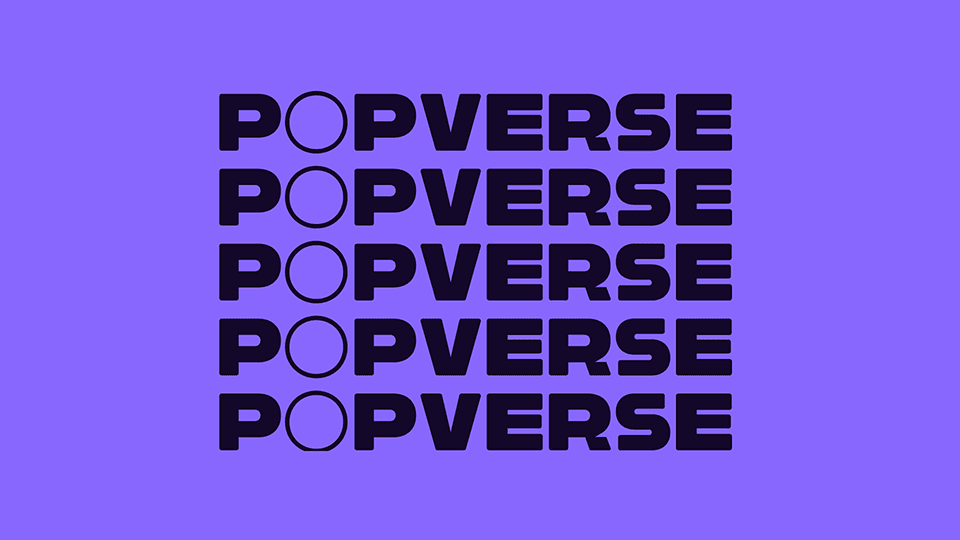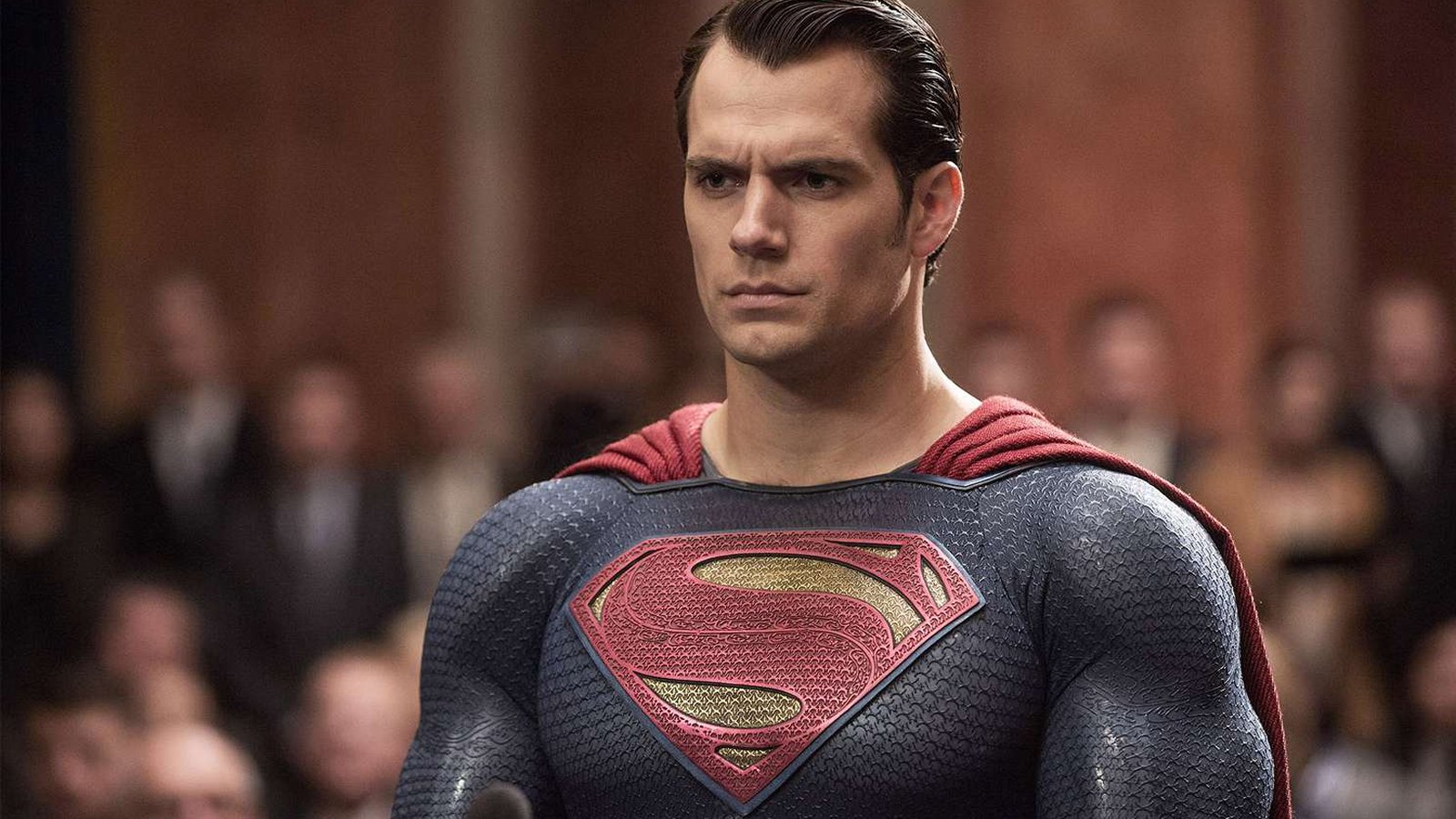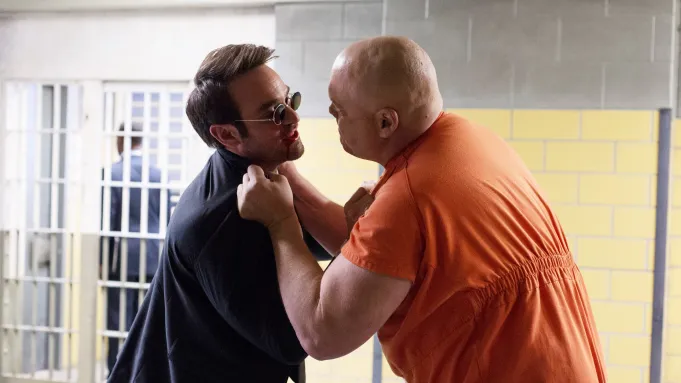If you click on a link and make a purchase we may receive a small commission. Read our editorial policy.
James Gunn, some of DCEU's past creators deserve your praise, not your dismissal
James Gunn saying DC gave away its IP "for a smile" is an appalling dimissal of the talent and success behind the Arrowverse and other DC properties.

In January new DCEU mastermind James Gunn told reporters gathered to hear about his initial plans that “the history of DC is pretty messed up.” Namechecking everything from the Arrowverse and DC films to his own Peacemaker, he went on, “They were just giving away IP like they were party favors to any creators who smiled at them.”
And I have to say, the longer I’ve sat with those comments the more they’ve pissed me off. It’s not that I don’t appreciate his point; it’s true, for a time there DC had more than a half dozen different universes in play—its main cinematic universe; its CW universe; the superhero dramas on HBO Max; Pennyworth; Gotham; Watchmen; and whatever universes Joker and The Batman movies each exist within. And that’s to say nothing of its many animated projects.
But over the long haul that variety actually proved to be a huge advantage for DC.
Looking at the apparently greener grass of the MCU
Look at the Marvel Cinematic Universe right now: while some of their TV shows are finally starting to establish little pockets of their own that are at least semi-independent from the grander Marvel story arc, its cinematic universe is mostly so interconnected at this point that the overall narrative and tone always threatens to suffocate everything else.
Ant-Man and the Wasp: Quantumania is a case in point: Marvel took one of its most playful actors, gave him and his talented costars a whole weird new universe to explore, grounded the drama in the kind of rich father/daughter relationship that we haven’t seen elsewhere in superhero stories, but then instead of running with any of that forced the film and its characters to serve an entirely different and already exhausting larger narrative.
How does that begin to make sense? It doesn’t matter. This is how the MCU works. If you don’t like it, you have nowhere else to go (other than maybe She-Hulk, who will thankfully make fun of it all).
That was never a problem in the former DCU. Zack Snyder’s penchant for grimdark superheroes and urban destruction definitely was not for everybody. I’m sure the quirky queerness of Doom Patrol wasn’t either, although personally I think that show is one of the most playful and emotionally satisfying superhero shows of all time. But it was all fine. You didn’t like one world, DC always had somewhere else you could go, some other way to connect.

Where the metaphor of the MCU is the phase, suggesting everything is part of one greater (and joyless) experiment, DC’s metaphor really has been the multiverse, which is entirely fitting, as DC comics was playing with that idea decades before Marvel took it as its own.
How Gunn's dismissal of DC Studios before him harms DC
And here’s the other thing, and the one that I find most appalling: Gunn’s comments about creators getting control of DC properties “for a smile” gives them none of the credit that they deserve for the talent and dedication that that they brought. To take just the most obvious example: Over the course of ten years, Greg Berlanti and his team produced an astonishing seven live action series and two animated series. Four of them lasted six years or more; Arrow lasted ten. And one of the shows, Legends of Tomorrow, had from season to season some of the most ridiculous, '“'this will never work' ideas in television. And somehow they always landed it.
The DCEU was leagues ahead of the MCU in terms of LGBTQIA+ representation
And it wasn’t just that these shows lasted, or were popular and therefore also financial assets. They were important. Marvel is just now starting to introduce gay and lesbian characters into its multiverse. Meanwhile the Arrowverse has been featuring queer characters in prominent roles almost from the beginning. In fact almost all of its shows eventually had queer leads or co-leads.

Berlanti and his team also understood, in a way that no other mainstream brand has as of yet, that the LGBTQ+ community looks to the rainbow for a reason. Arrowverse shows made room for multiple queer characters on the same show, and different denominations of queer, including bisexual, pansexual and trans. Not even Marvel’s Netflix shows, which themselves broke barriers in racial and gender representation, hold a candle to the Arrowverse in this regard.
Arrowverse's shared universe works better than MCU's
And in terms of a shared universe, the Arrowverse was somehow able to thread the needle between too much and not enough. Characters from other shows could pop up in exactly the way that you might expect in a real world, without some crippling, corporately-determined overarching narrative that made it feel like they were all trapped under glass. (Hot take: The MCU heroes are unbeknownst to themselves lost in Superman’s Phantom Zone. Kneel before Feige!) Their inter-relationships were rich and natural, too. Oliver Queen was a wonderful older brother to Barry Allen; their relationship brought out the best in each of those characters. Barry and Kara were like the Zan and Jayna of superhero siblings, bristling with idealism and humor. And Barry and Jefferson Pierce proved to be wonderfully father and son.

Arrowverse's crossovers must not be forgotten
Also, while Avengers: Infinity War is definitely a tremendous movie and a satisfying culmination of years of universe building, when it comes to TV nothing shakes a stick at the Arrowverse crossovers. Seriously, writers should study Invasion!, Crisis on Earth-X, Elseworlds, and Crisis on Infinite Earths not only for their ability to successfully move between multiple shows, but for their capacity to serve so many different characters emotionally-satisfying narratives that move the ball forward on their individual arcs.
Even with Armageddeon, which is more of a Flash miniseries with pop-ins from other characters, there was still a concerted and largely successful effort on the part of the creative team to service other characters, actors and worlds. The first episode with Ray Palmer alone was to my mind an incredibly thoughtful way of giving that character and Brandon Routh a more satisfying conclusion and path forward than he received on Legends.
Re-considering Gunn's comments
I realize that Gunn was making the comments he did as an executive coming into a system he finds in need of an overhaul. But a good executive also appreciates the work that has come before, and an artistic collaborator even moreso. DC accomplished a lot in the last ten years, and the people who made that possible on both the film and TV sides, from the DC/Warner Brothers executives to the production companies, showrunners, writing staff, production and post-production staff and actors all deserve to be celebrated at this point, not shit on.
They weren’t just pretty faces, James. They didn’t “turn DC’s head” with the bat of an eye. They pitched great ideas and executed them generally very well, often far beyond anyone’s expectations. Whatever you are able to accomplish—and I hope it’s plenty, it will have been built upon their shoulders.
Follow Popverse for upcoming event coverage and news
Find out how we conduct our review by reading our review policy
Let Popverse be your tour guide through the wilderness of pop culture
Sign in and let us help you find your new favorite thing.
















Comments
Want to join the discussion? Please activate your account first.
Visit Reedpop ID if you need to resend the confirmation email.